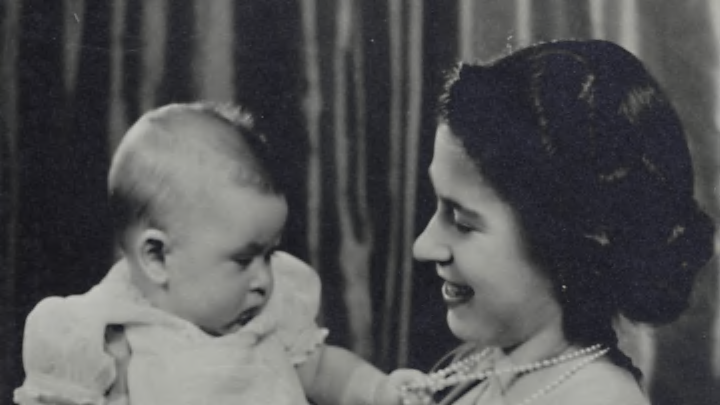How to Support Baby’s Cognitive Development From Day One

Your baby’s brain is growing at an incredible pace during the first year of life, forming millions of neural connections every second. Every coo, giggle, and curious glance is part of this rapid cognitive development, as they begin to make sense of the world around them. While nature plays a significant role, there’s so much parents can do to nurture their baby’s developing mind. By engaging your baby with intentional, stimulating activities, you can help build a strong foundation for their learning and growth.
It all begins with connection. Babies thrive on interaction with their caregivers. Simple things like talking, singing, and maintaining eye contact during feeding or playtime can have profound effects on their brain development. When you narrate your actions (“Now I’m putting on your socks!”) or describe the world around them (“Look at the shiny leaves on the tree!”), you’re introducing language and teaching them that their environment is fascinating and full of discovery.
One of the best tools for cognitive development is simply reading to your baby. Even though they won’t understand the words right away, hearing your voice and seeing the bright pictures in a book fosters language skills, focus, and a love of stories. Choose books with bold, high-contrast images or simple patterns to hold their attention. Over time, as they grow and begin to point or babble, this shared experience will help them make connections between words and images.
Another powerful way to support cognitive growth is through play. For a newborn, play might be as simple as letting them track a colorful rattle with their eyes or feel the texture of a soft toy. As they grow, activities like tummy time, where they can explore their world from a new angle, encourage problem-solving and build physical strength that supports cognitive skills. Offering a variety of sensory experiences, like letting them touch different fabrics or listen to calming music, helps stimulate their brain and expand their understanding of the world.
Babies are also naturally curious. From as early as a few weeks old, they begin exploring cause-and-effect relationships—dropping a toy to see if you’ll pick it up or pressing buttons on a toy that lights up. Encourage this curiosity by providing toys and experiences that allow them to experiment and learn, like stacking cups, soft blocks, or interactive toys. Giving them time to explore safely on their own helps build independence and confidence in their ability to figure things out.
While structured activities are beneficial, some of the most valuable moments are spontaneous and unplanned. Everyday routines, like bathing, changing diapers, or feeding, are opportunities to bond and teach. These consistent moments create a sense of security for your baby, which is critical for their cognitive and emotional development. A baby who feels safe and loved is more likely to explore, learn, and grow.
It’s also important to remember that cognitive development is closely tied to physical and emotional well-being. Adequate sleep, proper nutrition, and a stress-free environment are essential for your baby’s brain to thrive. Try to establish a predictable routine for naps and bedtime, and pay attention to hunger and fullness cues during feeding. Responding to their needs with care and patience reassures them that the world is a safe place, laying the groundwork for healthy emotional and mental growth.
As you guide your baby through their first year, don’t worry about doing everything perfectly. Babies are remarkably resilient, and even small efforts to engage with them in meaningful ways can have lasting effects. Be present, be playful, and above all, enjoy this magical time of discovery together. Remember, every smile, song, and cuddle is helping to shape your baby’s brain and build their capacity to learn, love, and grow.